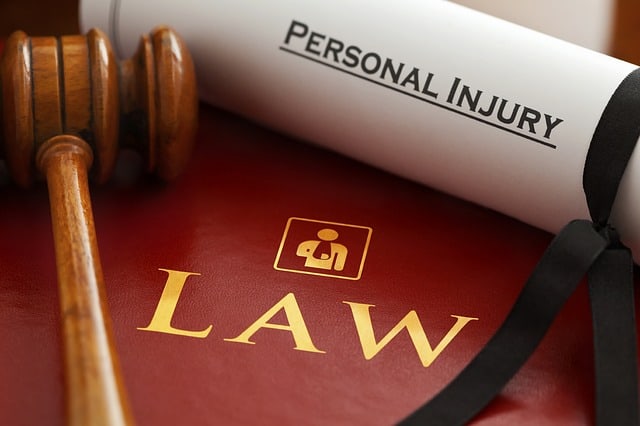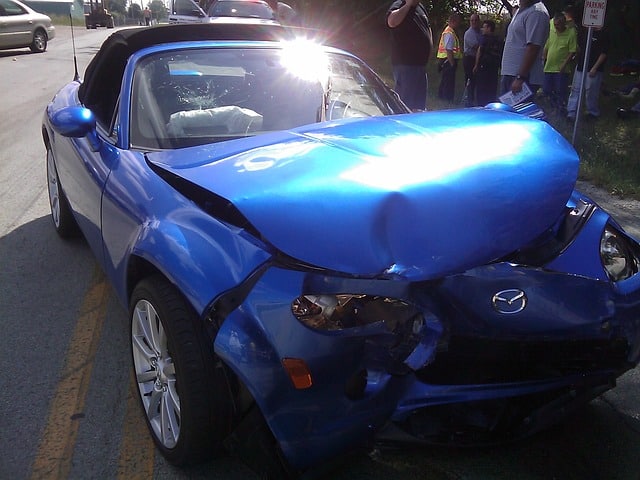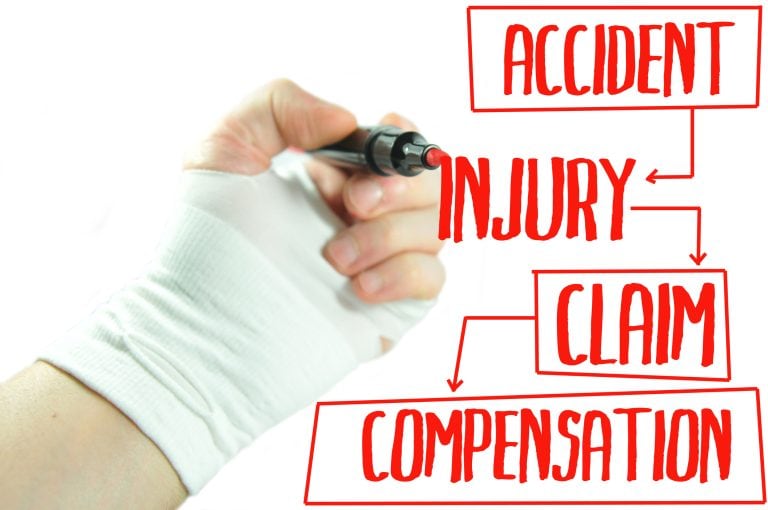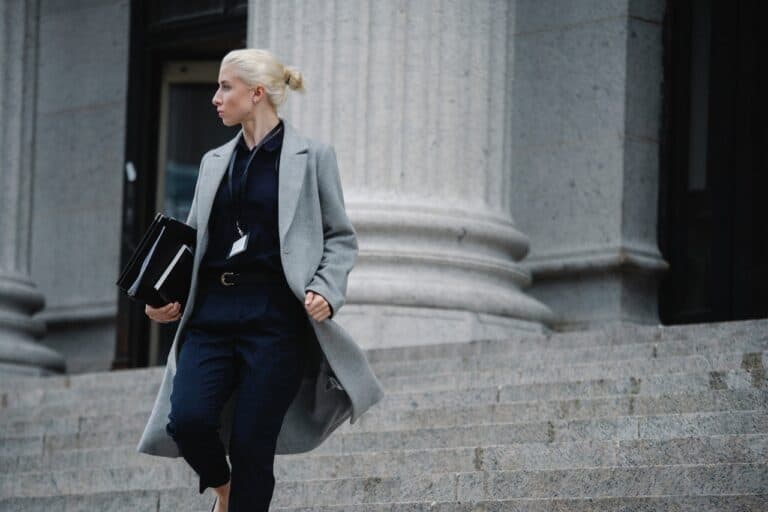Toronto’s Guide to Finding The Best Bicycle Accident Lawyer

How To Find The Best Bicycle Accident Lawyer
Had a bicycle accident in Toronto or the GTA and need legal help? Finding the right Bicycle Accident Lawyer can be a bit tricky, but don’t worry.
Let’s walk through some steps to help you find the best bicycle accident lawyer in the Toronto area.
Start with Personal Referrals
Tapping into your personal network is often the most reliable way to find a trustworthy bicycle accident lawyer in Toronto and the GTA.
Here’s why and how personal referrals can be so valuable:
- Genuine Feedback: When you ask friends, family, or coworkers for recommendations, you get honest feedback. They’ll share their firsthand experience, both the good and the bad. This gives you a clear picture of what to expect.
- Trust Factor: Knowing that someone you trust had a positive experience with a lawyer can give you peace of mind. It’s a vote of confidence that the lawyer is reliable and can handle your case well.
- Understanding the Process: Along with recommending a lawyer, your contacts can also give you insights into the legal process. They can share how their case was handled, how long it took, and what challenges they faced.
- Cost Insights: While discussing their experience, your contacts might also share details about the lawyer’s fees. This can help you gauge if the lawyer is within your budget or if their fee structure aligns with your expectations.
- Personal Touch: Sometimes, lawyers might give more attention to clients who come through personal referrals. They value the trust and relationship, which can work in your favor.
So, before diving into online searches, take a moment to reach out to your network. A simple chat over coffee or a quick phone call can lead you to a lawyer who’s just right for your needs.
Use Online Directories
In today’s digital age, online directories have become a go-to resource for finding professionals, including bicycle accident lawyers in Toronto and the GTA.
Here’s how to make the most of these platforms:
- Wide Range of Options: Online directories often list numerous lawyers, giving you a broad spectrum to choose from. This means you can compare and contrast different professionals to find one that fits your needs.
- Detailed Profiles: Many directories provide comprehensive profiles of lawyers. These profiles can include their qualifications, years of experience, areas of expertise, and even client reviews. This information can help you make an informed decision.
- Search Filters: To make your search more efficient, use the filters available. You can narrow down lawyers based on their specialty, location, years of experience, and more. This ensures you’re looking at lawyers who match your specific criteria.
- Contact Details: Once you’ve shortlisted a few names, online directories often provide contact details, making it easy for you to reach out. Some platforms even have a built-in messaging system, allowing you to contact lawyers directly through the site.
- Client Reviews: Some directories feature reviews from past clients. These reviews can give you insights into the lawyer’s professionalism, approachability, and success rate. However, as with all online reviews, it’s essential to read them critically and look for overall trends rather than isolated comments.
- Regulatory Checks: Reputable online directories often verify the credentials of the lawyers they list. This adds an extra layer of trust, ensuring you’re looking at legitimate professionals.
When using online directories, remember to cross-reference information. It’s always a good idea to visit the lawyer’s official website or even give them a call to verify details and get a feel for their approach.
Check Reviews and Ratings
In the digital era, reviews and ratings play a pivotal role in helping us make decisions, especially when it comes to choosing professionals like bicycle accident lawyers.
Here’s how to navigate this sea of feedback:
- First Impressions Matter: A lawyer’s overall rating can give you a quick snapshot of their reputation. A high average rating, based on many reviews, can be a good sign of consistent performance and client satisfaction.
- Dive Deeper into Comments: While ratings give a general idea, the real insights lie in the comments. Here, clients share their experiences, detailing what they liked or didn’t. Look for recurring themes or patterns in feedback.
- Look for Specifics: General comments like “Great lawyer” are good, but specifics are better. Reviews that detail how the lawyer handled the case, their responsiveness, or their approach to client relations can give you a clearer picture.
- Consider the Source: Some platforms allow anyone to leave a review, while others might require verified clients. Reviews from verified clients or trusted platforms can carry more weight.
- Beware of Extremes: Every professional might have a mix of positive and negative reviews. While it’s essential to consider critical feedback, be wary of extremely negative or overly glowing reviews that seem out of place. They might not always reflect the average client experience.
- Response to Feedback: Check if the lawyer or their firm responds to reviews, especially negative ones. A professional and constructive response can indicate a proactive approach and a commitment to client satisfaction.
- Use Multiple Platforms: Don’t rely on just one site. Check reviews on multiple platforms, like Google, Yelp, or the Toronto Lawyer’s Association or the Law Society of Ontario. This broadens your perspective and reduces the chance of bias.
Remember, while reviews and ratings are valuable, they are just one piece of the puzzle. They should complement other research methods, like personal referrals or consultations, to help you make an informed decision.
Schedule Consultations
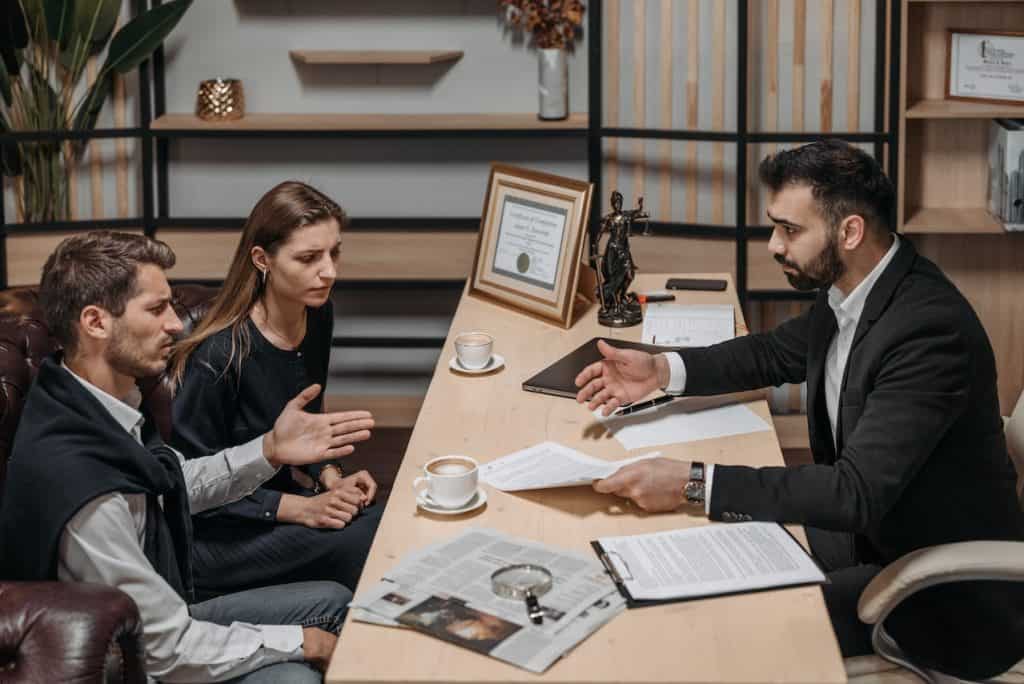
Meeting a lawyer face-to-face, or even virtually, can give you insights that no amount of online research can. Scheduling consultations is a crucial step in your search for the right bicycle accident lawyer in Toronto and the GTA.
Here’s how to make the most of these meetings:
- First Impressions Count: From the moment you walk into their office or start a virtual call, pay attention to your gut feelings. How you’re greeted, the office’s ambiance, or the punctuality of the lawyer can give you subtle clues about their professionalism.
- Prepare Your Questions: Before the consultation, jot down any questions or concerns you have. This ensures you cover all your bases during the meeting. Ask about their experience with bicycle accidents, their success rate, and their approach to cases like yours.
- Discuss Fees Upfront: Money matters can be tricky, so it’s best to address them head-on. Ask about their fee structure, any additional costs, and if they offer contingency fees (where you only pay if you win).
- Gauge Their Listening Skills: A good lawyer doesn’t just talk; they listen. Pay attention to how they respond to your questions. Are they patient? Do they offer clear answers? This can tell you a lot about their client relations.
- Ask About Communication: You’ll want a lawyer who keeps you in the loop. Ask about their communication style, how often they’ll update you, and the best way to reach them if you have concerns.
- Inquire About Timeline: While no lawyer can give you an exact timeline, they can offer an estimate based on similar cases. This helps set your expectations about how long the legal process might take.
- Consider Compatibility: Beyond their skills and experience, consider if you feel comfortable with the lawyer. Trust your instincts. If something feels off, it might be worth looking elsewhere.
After the consultation, take some time to reflect. Consider all the information they provided, how they made you feel, and if you can see yourself working with them through the legal process.
Ask About Bicycle Accident Lawyer Fees
Discussing money can sometimes be a touchy subject, but when it comes to legal representation, it’s essential to have a clear understanding upfront.
Here’s how to navigate the conversation about fees with a bicycle accident lawyer in Toronto and the GTA:
- Understand the Fee Structure: Lawyers might charge in various ways, such as hourly rates, flat fees, or contingency fees. Ask the lawyer to explain their fee structure so you know what to expect. For instance, with contingency fees, you only pay if you win the case.
- Inquire About Additional Costs: Beyond the lawyer’s fees, there might be other costs like court fees, expert witness fees, or administrative charges. Get a breakdown of all potential expenses so you can budget accordingly.
- Payment Plans: If you’re concerned about affording the legal fees, ask if the lawyer offers payment plans. This can spread out the cost, making it more manageable for you.
- Negotiate: Don’t be afraid to discuss the fees. Some lawyers might be open to negotiation, especially if you have a strong case. It never hurts to ask.
- Get It in Writing: Once you’ve agreed on the fees, make sure to get everything in writing. This avoids any misunderstandings later on. A written agreement should detail the fee structure, any additional costs, and terms of payment.
- Consider Value, Not Just Cost: While it’s natural to be cost-conscious, remember that you’re also looking for value. A more expensive lawyer with a track record of success might offer better value than a cheaper, less experienced one.
- Ask About Refund Policies: In the rare case that you decide to part ways with the lawyer, it’s good to know their refund policy. Will you get back any unused portion of the fees? It’s better to know this upfront.
Money matters can be complex, but with open communication and clarity, you can find a lawyer that fits both your needs and your budget.
Summary
Finding the right bicycle accident lawyer in Toronto and the GTA is a journey that requires careful thought and consideration.
From tapping into personal referrals to diving deep into online directories, each step offers its insights.
Reviews and ratings can give you a glimpse into past clients’ experiences, while consultations allow for a personal touch, letting you gauge your comfort and compatibility with the lawyer.
Discussing fees is crucial, ensuring there are no surprises down the road. Remember, it’s not just about cost but also about the value and expertise the lawyer brings to your case.
In essence, the process might seem daunting at first, but with the right approach and by asking the right questions, you can find a lawyer who not only understands the intricacies of bicycle accident cases but also aligns with your needs and budget.
With the right legal partner by your side, you can navigate the legal landscape with confidence, aiming for the best possible outcome for your case.


